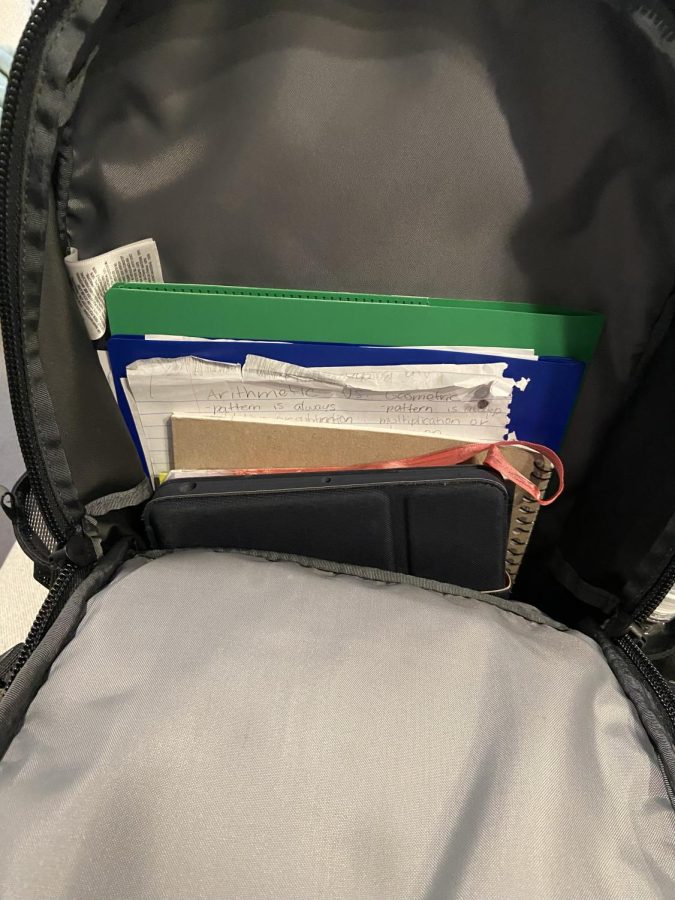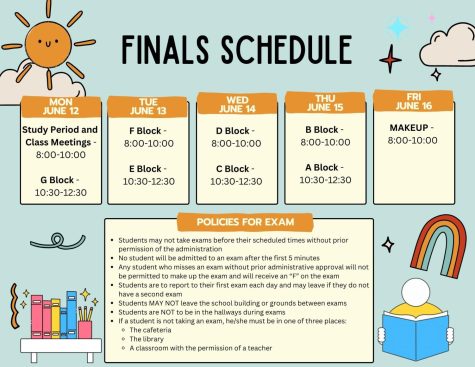How much homework is the right amount to assign a student each night?
Amount of schools supplies needed for homework and class work.
Homework is a hot topic at many high schools, and the Regional is no exception.
At Hamilton Wenham regional high, it is evident that there are a lot of different perspectives and opinions on assigning homework to students.
English teacher Tracy Stephens said, “I think it depends a lot on the subject, and it also depends on what the classes of the age of the student is. I tend to assign more to my seniors than to my ninth graders.”
High school students get “about 2.7 hours of homework per night, “ according to a Challenge Success survey of 50,000 high school students.
Some students also have extracurricular activities after school and don’t get home till 5 at night. They then would be starting their homework very late at night, and this means they would get to bed late. Then in the morning, the student would have to wake up early to get to school. This results in students being too tired to achieve their academic goals.
History teacher Kristen Borges said that, on average, she assigns “about half an hour a few nights a week to prepare for class. I don’t think it’s a big ask, more than that might have been if there’s a bigger project or writing assignment I don’t think those smaller assignments shouldn’t be an addition to it.”
Another factor is that homework can be different for everybody. Some students may struggle a lot with homework, while others may find homework easier. For kids that find homework harder, it may take them longer to complete it, and for kids that find it easier, it may take a shorter amount of time to do homework.
Junior Cecilia Clark said, “on an average school night, I usually have around four hours of homework every night because I am in all honors classes.”
Clark was not the only student to mention having more homework in connection to honors classes. Often if a student takes honors classes, it leads to more homework than a student who takes college prep classes.
Freshmen Evelyn Durey, who takes a mix of honors and college prep classes, said that she has roughly “ one and a half hours to two hours” of homework each night.
Homework is not just about the time commitment. There are different strategies students can use to complete their homework.
Clark said, “What helps me the most to get my homework done is listening to music and trying not to go on my phone every five or ten minutes.”
Durey said, “I try to do it all at once, so I can just get it over with.”
Teachers are also helpful resources who can offer good advice for ways to get homework done efficiently.
Borges tells students to “prioritize. I think that’s the most important thing, so what classes meet before power block get those done first, and organize your due dates. I think that’s a good way to handle it. The other thing is communication with teachers. If you feel like you’re overwhelmed and have a lot of, talk to your teachers, they might say you know what you can turn this in a little later, I’m not saying they all will, but that might be an option.”
Homework takes time and commitment. Sometimes it can be overwhelming. Remember, there are a lot of different people that can help with homework, including teachers, friends, and family, and even an after-school academy that meets From 2:30-3:30 on Monday, Tuesday, and Thursday in room 105. It’s run by Mr. Jeff Murray, who is happy to help students with their homework and organizational skills.
Ava Baughn is a freshman at Hamilton-Wenham high school. Ava thought it would be fun to try a journalism class for the first time and thought it could...












